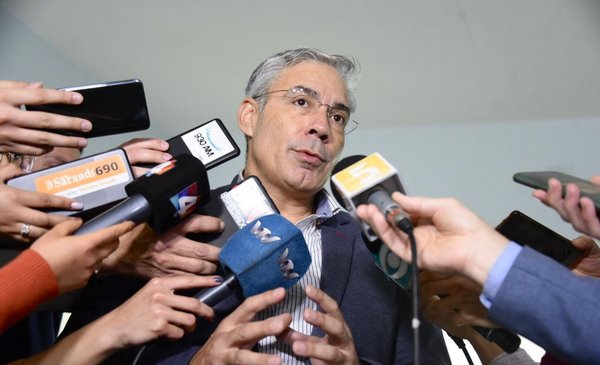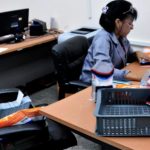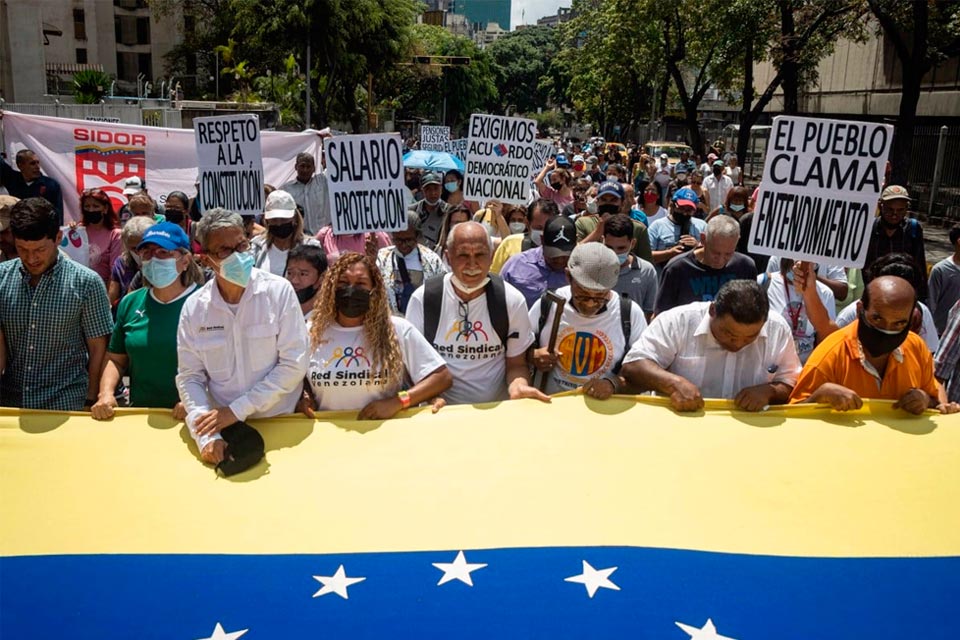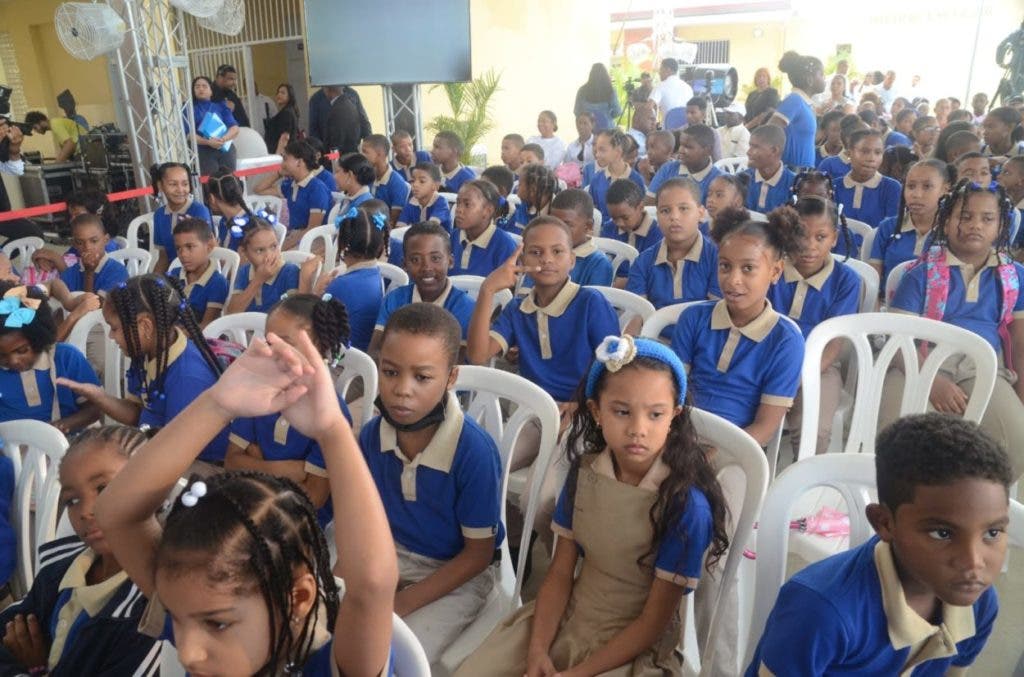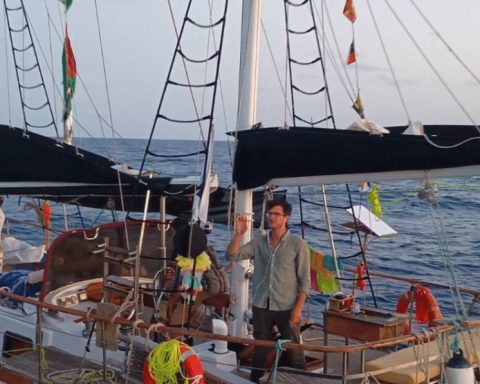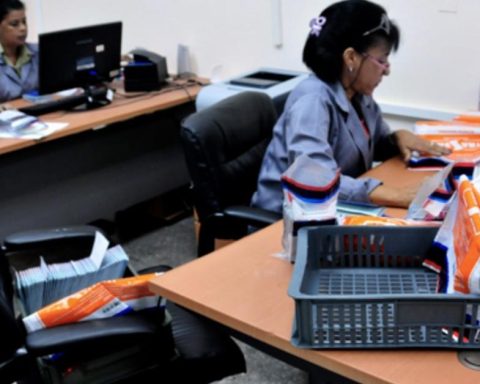Robert Silva, president of Codicen, said that “there will be no pilot (plan)” of the basic education curriculum reformat a press conference held this Thursday.
“You have to start because education cannot wait,” said Silva, when asked about the change that ANEP plans for Primary and Secondary, with a basic education of nine grades, as he advanced The Observer. The chief hopes that the document will be ready “by the end of November.”
The president of Codicen stated that this plan has “three components”: one of “fundamental learnings”other “technical and technological”and finally one of “curricular independence”in which students can choose workshops outside the compulsory curriculum.
He also pointed out that there will be “new subjects in the third cycle, with previous development in previous years”. Among them he mentioned “Computer Science”, within which students will learn “digital literacy” and “programming”; “Contemporary world”where ANEP plans “analyze the reality that exists today”Y “Communication and society”which “attends reality from different perspectives”.
Silva clarified that there will be no change in the infrastructure of educational centersdespite the union of three cycles, but it will be a improvement in “coordination” of all grades.
Ines Guimaraens
Robert Silva during a press conference at the Codicen headquarters
Asked about moving from sixth to seventh grade, which in the current system implies the change from Primary to Secondary, the president of Codicen explained that in sixth there will be a rotation of teachers for different contents, something that they understand “helps the passage to seventh”.
Silva also referred to the concerns from private institutions about the time they have to implement the reform. Especially about extending the deadline to smaller schools. The president of the Codicen said that is “open to dialogue and analysis”but asked for “peace of mind”.
“The teams that are required, with complementary formations that will surely exist and we have to establish, are the teams that are today”, held. “The teachers who are going to work on this new proposal are the teachers that today we have so much in public and private”, he added.
On the other hand, the president of Codicen said that in the council “teacher representatives did not vote against”but they abstained from voting“, because “they do not agree with the curricular framework that governs this entire process”.
Still, Silva signaled progress in the discussion. “There is a recognition that we are reaching points of greater agreement”assured.
